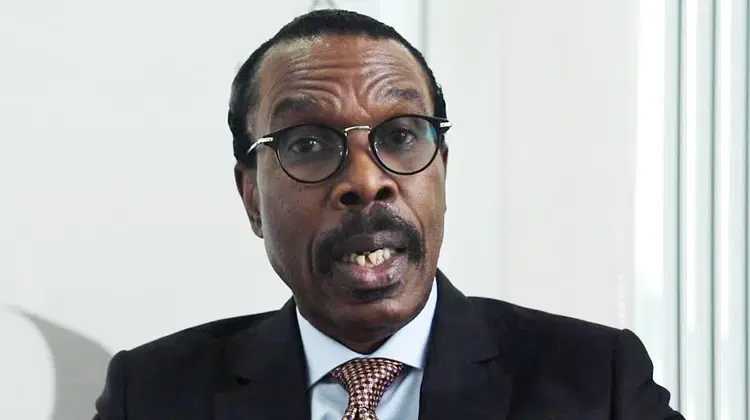The House of Representatives warned on Wednesday that the recent rise in fuel pump prices could lead to social unrest.
This caution follows a meeting between the Federal Government and labour leaders that ended in a stalemate regarding the petrol price hike, according to The Punch.
Last week, NNPC retail outlets increased petrol prices to N1,030 per litre from N897 in Abuja, and in Lagos, prices rose to N998 per litre from N868, with similar increases observed across other regions.
This marks the second price hike in a month, representing an increase of approximately 14.8 percent or N133.
The rise has led to higher transportation and food costs nationwide. In response, organized labour and the Organised Private Sector have called for an immediate reversal of the price increase.
The organised labour and the Organised Private Sector demanded an immediate reversal of the price hike.
The Nigeria Labour Congress and the Trade Union Congress condemned the recent price hike and demanded an immediate reversal.
During plenary, the House of Representatives urged the Federal Government to promptly reverse the increases in petrol and cooking gas prices, citing the ongoing economic hardships facing the country.
This resolution followed a motion of urgent public importance presented by Minority Leader Kingsley Chinda and supported by 100 other members of the Green Chamber.
Titled, ‘Urgent need to suspend the increased cost of petrol and cooking gas in the country and provide a stop-gap,’ the motion drew attention to the hardship Nigerians were facing in meeting their basic needs in the past few months.
Speaking on the essence of the motion, Chinda, a member of the Peoples Democratic Party, expressed concern over the prices of petrol and cooking gas, saying the development was creating an unsustainable financial burden on ordinary Nigerians and exacerbating the cost of living.
In discussing the motion, Kingsley Chinda, a member of the Peoples Democratic Party, expressed concern about the rising prices of petrol and cooking gas. He stated that these increases are placing an unsustainable financial burden on ordinary Nigerians and worsening the overall cost of living.
He said, “The removal of fuel subsidy coupled with global oil price volatility and the naira depreciation has contributed significantly to the rising cost of petrol at the pump and cooking gas for households.
“We are worried that the escalating fuel and gas prices are impacting the cost of transportation, food, essential goods and healthcare, further increasing inflation and pushing many families into deeper financial hardship.
“The House is concerned that businesses, particularly small and medium-sized enterprises, are struggling to manage their operational costs due to increased fuel prices, threatening economic stability and job security.”
Chinda recalled that the President Bola Tinubu-led government had previously announced plans to repair domestic refineries and boost local refining capacity to address the challenges, lamenting, however, that “it is yet to deliver significant results in this regard.”
According to Chinda, the rising petrol and cooking gas prices “pose a significant threat to the livelihood of millions of Nigerians,” warning that unchecked inflation from these increases could lead to social unrest, higher poverty rates, and detrimental long-term economic effects.
He emphasized that without urgent and effective measures to address the rising costs of petrol and cooking gas, Nigeria risks entering “an economic crisis, resulting in increased crime and mortality rates.”
During the debate, House Minority Whip Ali Isa condemned the continuous increases in petroleum product prices, stating “The people are suffering because of the increase in fuel price. The government should allow the people to breathe and should please not remove the cylinder giving Nigerians little oxygen.
“The government should listen to the cry of the people and take steps to review any policy that will affect Nigerians negatively. Those who signed this motion are of the view that their people and by extension, the Nigerian people, are suffering.”
Also speaking, the member representing Kanke/Pakshin/Kanam Federal Constituency, Plateau State, Yusuf Gagdi, said the motion was in line with the current challenges Nigerians were passing through.
“We speak to draw the attention of the government to do things that will improve the welfare of Nigerians,” he noted.
Following the adoption of the motion, the House called on the Nigerian National Petroleum Company Limited, the Ministry of Petroleum Resources, and other relevant agencies to take immediate action to “expedite action on the repair/maintenance of domestic refineries to enhance the nation’s local refining capacity as a stop-gap measure to reduce the dependence on imported refined petroleum products.”
The House also urged the Central Bank of Nigeria to implement monetary policies “that will mitigate the adverse effects of fuel price hikes on inflation, particularly with regards to essential goods and services.”











